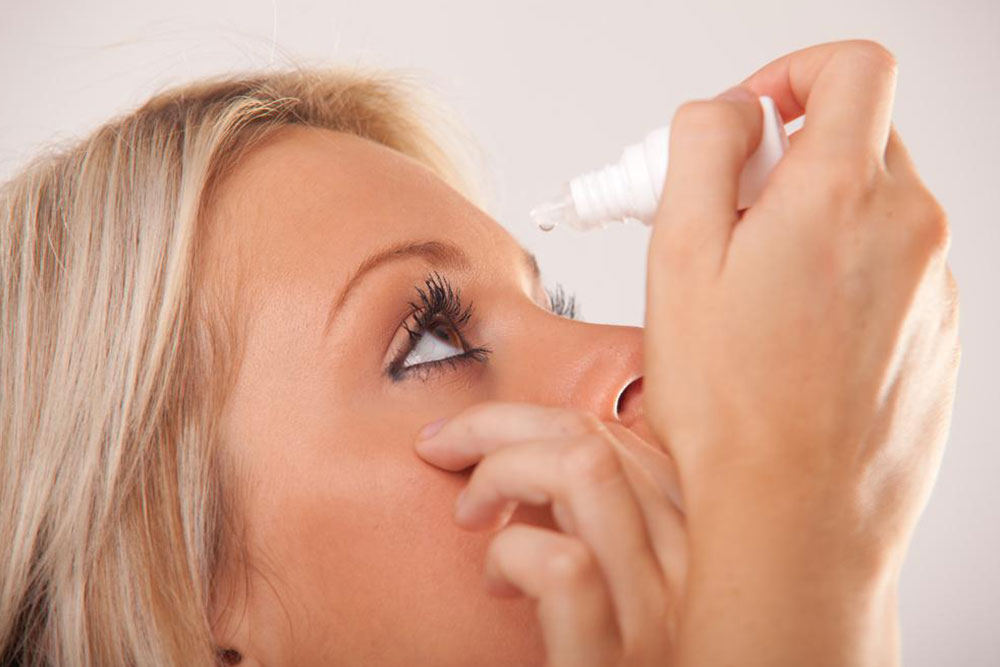Chronic dry eye syndrome
Tears play an important role in keeping our eyes clean. They also help in protecting the retina from dust and other particles. If there is a lack in the number of tears produced due to some underlying cause, this leads to irritation in the eyes and various other problems.
Chronic dry eye syndrome is a condition in which the eyes become dry often because of lack of tears in the tear glands. This dryness leads to irritation in the eye, redness and might also lead to various other complications.
Causes of chronic dry eye syndrome
There various causes of chronic eye disorder.

Decreased tear production
Decreased tear production is mainly caused due to the following reasons.
Aging
Diabetes, lupus, rheumatoid arthritis, scleroderma, vitamin A deficiency and thyroid disorders. Any of these medical conditions can be responsible for lowering the production of tears.
There are even a few medications like antidepressants, antihistamines, decongestants, drugs for high blood pressure, and hormone replacement therapy.l
Damage to tear gland due to inflammation or exposure to radiation
Increased tear evaporation
The common causes of increased tear evaporation are mentioned below.
- Wind, smoke or dry arid air
- When you’re working on the computer or reading a book for longer periods of time
- Problems with the eyelids
- Imbalance in Tear Composition
- Tears are made up of three basic components: oil, water, and mucus. A problem with any one of the three components will cause a problem in the entire composition.
Treatment for chronic dry eyes
There are a number of options available in treating the chronic dry eye. Although it cannot be cured, it can be controlled using medications and treatment.
Teardrops and ointments
Chronic dry eyes can be controlled using some artificial ointments and tear drops. There are many different types of eye drops. It might take some time to figure out which one you are most comfortable with. When you are using tear drops, make sure you continue using it and do not stop at one point. Before you hit the bed at night, you can apply some ointment to keep it moist throughout the night. This will ensure that you do not wake up with a red eye. Sleeping with airtight goggles also helps.
Temporary punctal occlusion
Sometimes the doctors might recommend you to close the duct that drains tears from your eyes temporarily. A temporary plug designed to block the drain and it will also dissolve eventually. Based on the results, the doctor will see if a permanent plug is required.

